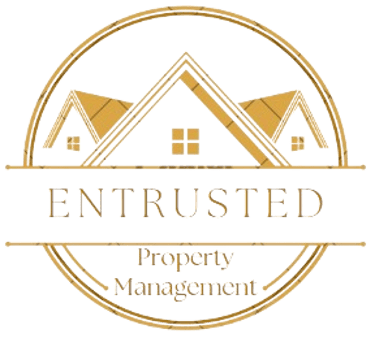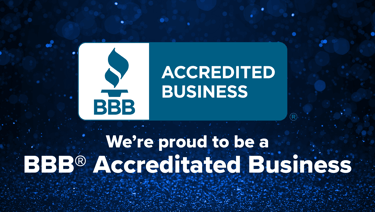The Hidden Costs of Self-Managing a Rental Property
Image: Freepix
Owning a rental property can be a smart investment, but deciding how to manage it is a major choice every landlord faces. While many owners choose to work with a professional property management company, others decide to self-manage to save money on management fees. At first glance, self-management may seem like the more cost-effective option—but there are hidden costs that can add up quickly.
1. Time is Money
Managing a rental property takes far more time than most new landlords anticipate. From advertising the property, showing it to prospective tenants, screening applications, and preparing leases to handling maintenance requests and late-night emergencies, the hours add up. The time you spend on these tasks could be better used for your career, family, or expanding your investment portfolio.
2. Vacancy and Turnover Costs
Professional property managers often fill vacancies faster because they have established marketing channels, online listing strategies, and tenant screening tools. When you self-manage, each extra week your property sits vacant means lost rental income. In addition, tenant turnover is often higher when landlords don’t have efficient screening or retention practices in place.
3. Legal and Compliance Risks
Laws surrounding rental properties are complex and ever-changing. From fair housing regulations and eviction procedures to lease agreements and security deposit handling, one mistake can result in costly fines or legal disputes. Property managers stay up-to-date with these laws and can help you avoid expensive pitfalls.
4. Maintenance and Repair Expenses
Self-managing landlords often pay more for maintenance because they don’t have access to a network of reliable, reasonably priced contractors. Property managers typically have established vendor relationships and can negotiate better rates. In addition, deferred maintenance caused by slow response times can lead to bigger, more expensive repairs down the road.
5. Stress and Tenant Relations
Handling tenant issues—whether it’s late rent, noise complaints, or damage to the property—can be stressful. It’s also challenging to maintain a professional relationship when you’re personally involved. A property manager serves as a buffer between you and your tenants, protecting your peace of mind while ensuring issues are handled fairly and consistently.
6. Opportunity Cost
Finally, one of the biggest hidden costs is the opportunity cost of self-management. Instead of focusing on growing your investment portfolio or pursuing other income-generating activities, you’re tied up in day-to-day operations. A property manager can free you from these tasks, allowing you to think bigger about your financial goals.
The Bottom Line
While self-managing may look like a way to save money, the hidden costs—time, vacancy losses, legal risks, higher maintenance bills, and stress—often outweigh the savings. Partnering with a professional property management company can actually help you maximize your returns, protect your investment, and free up your time to focus on what matters most. Let Entrusted Property Management help you with all of your property management needs.
For more information on properties located in Baltimore, MD, click here.




